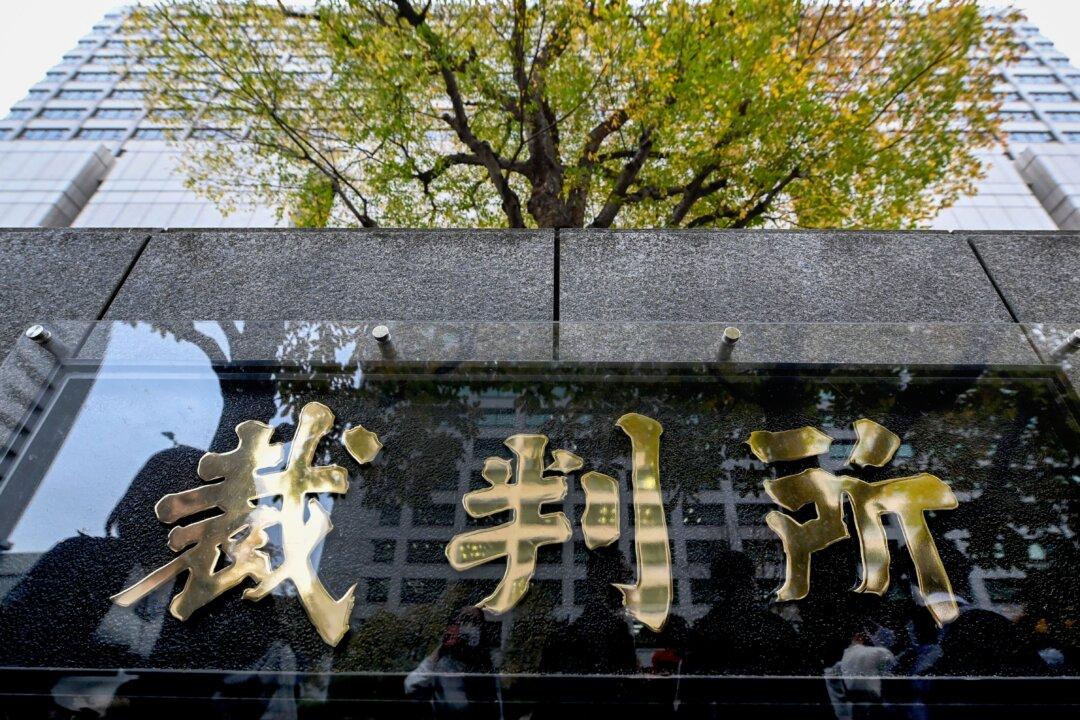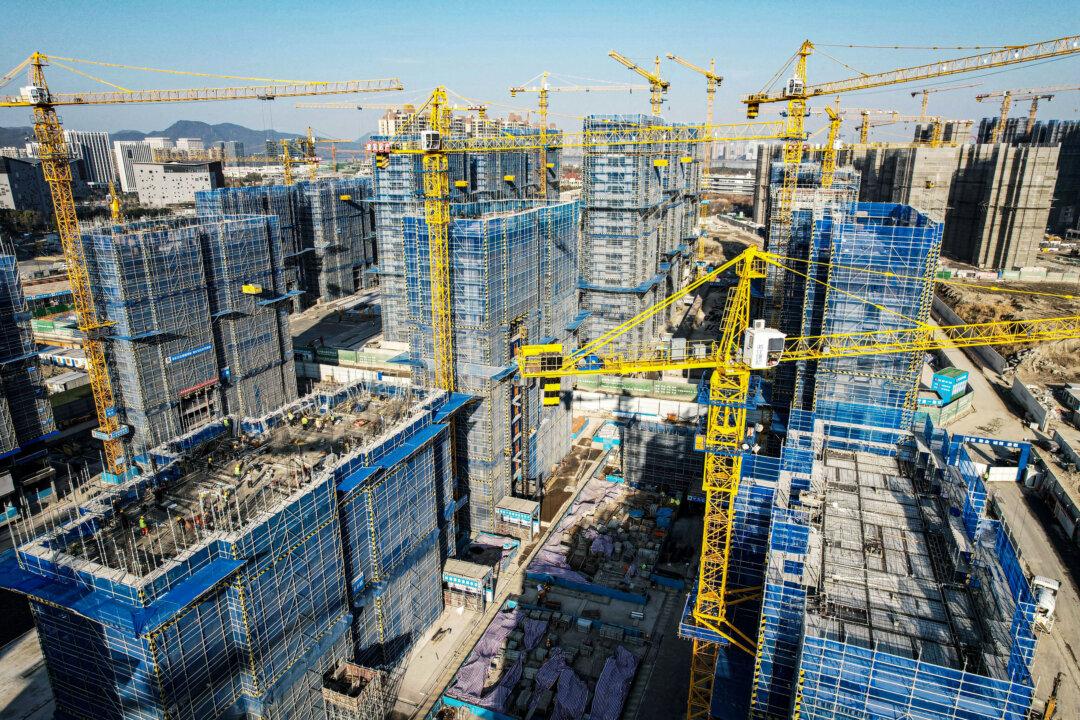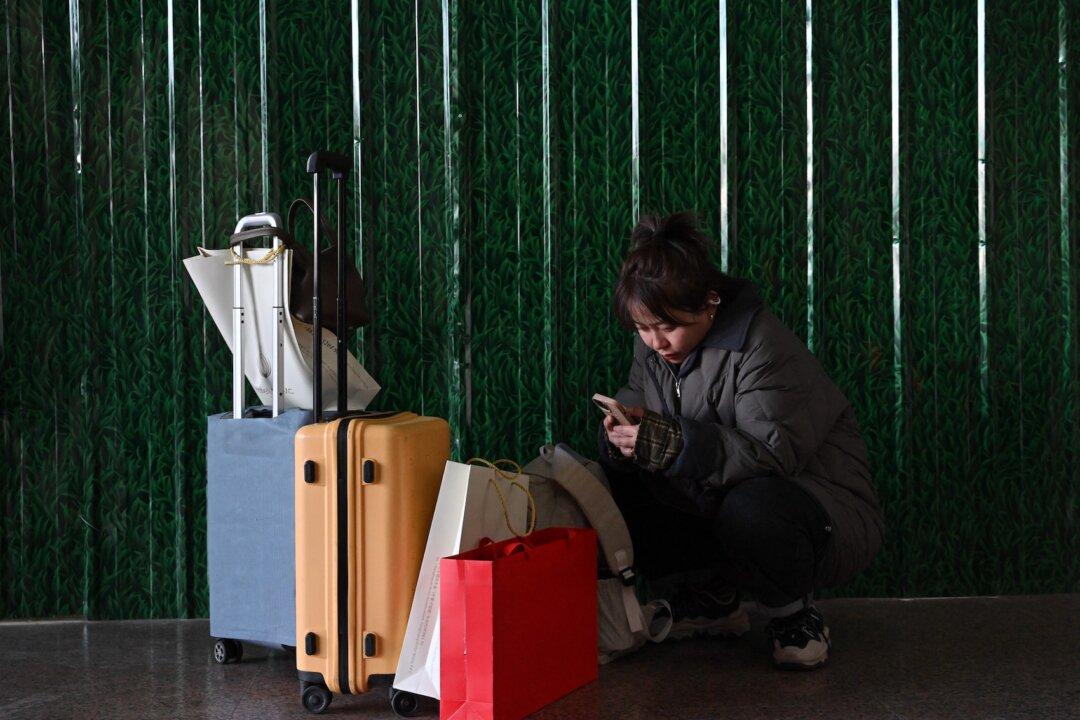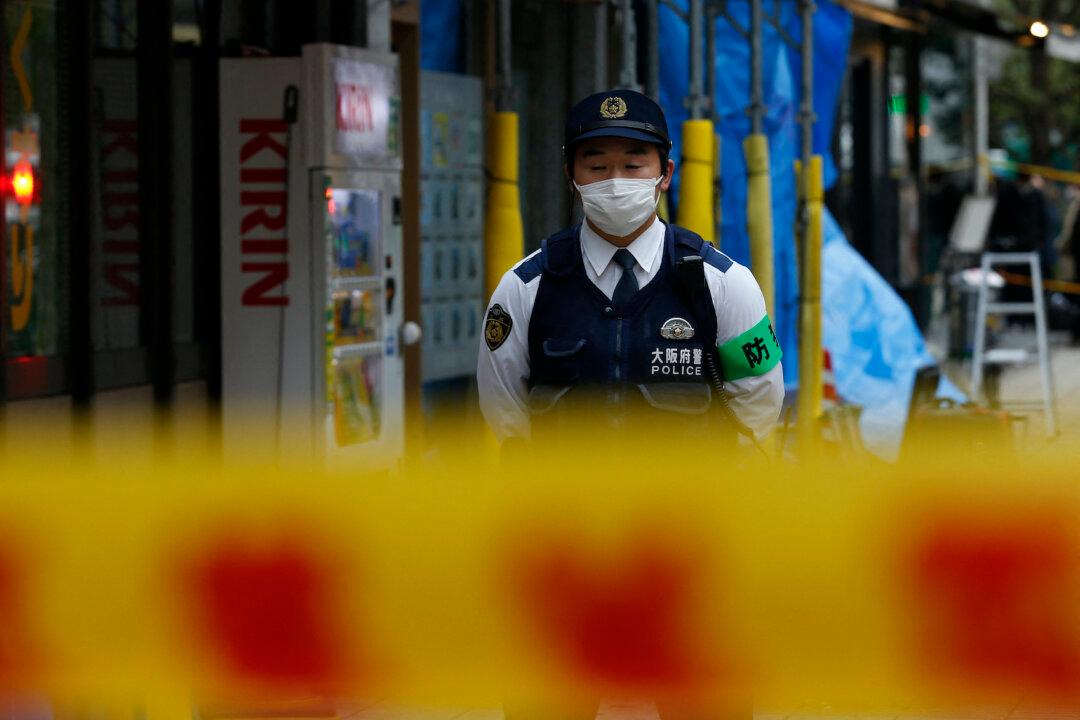The number of foreclosed properties increased in the first half of 2023 amid China’s slumping housing market. Some experts believe that the highly leveraged real estate debt of local authorities and banks has been shifted onto ordinary Chinese people.
A number of institutions recently released their transaction data on foreclosed properties, or properties that are forced to be auctioned by a court, for the first half of 2023.




